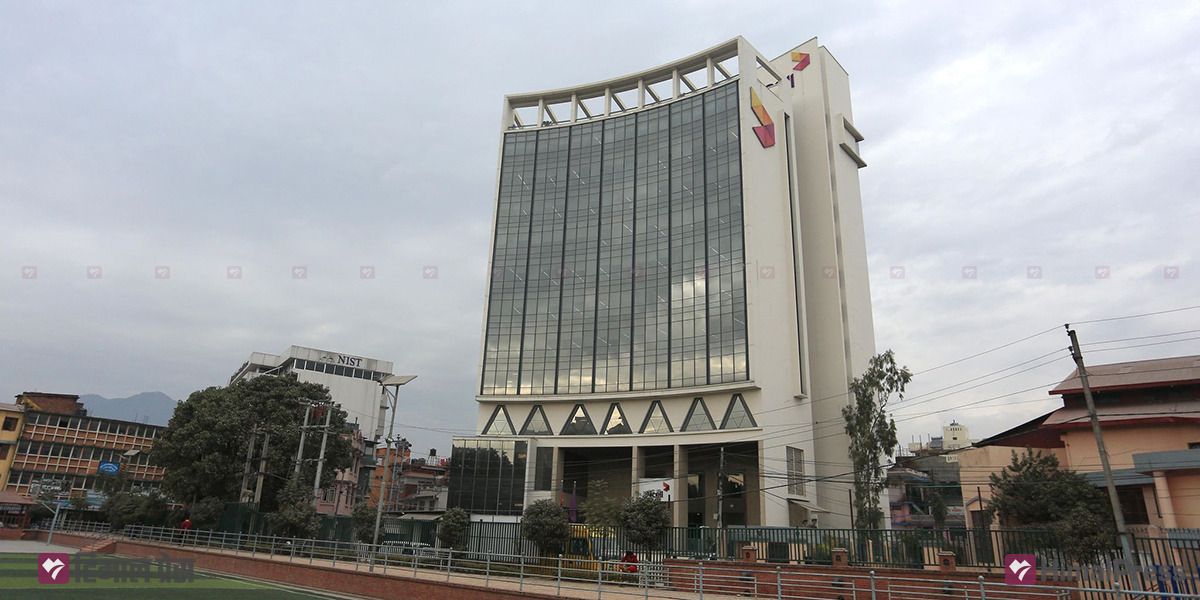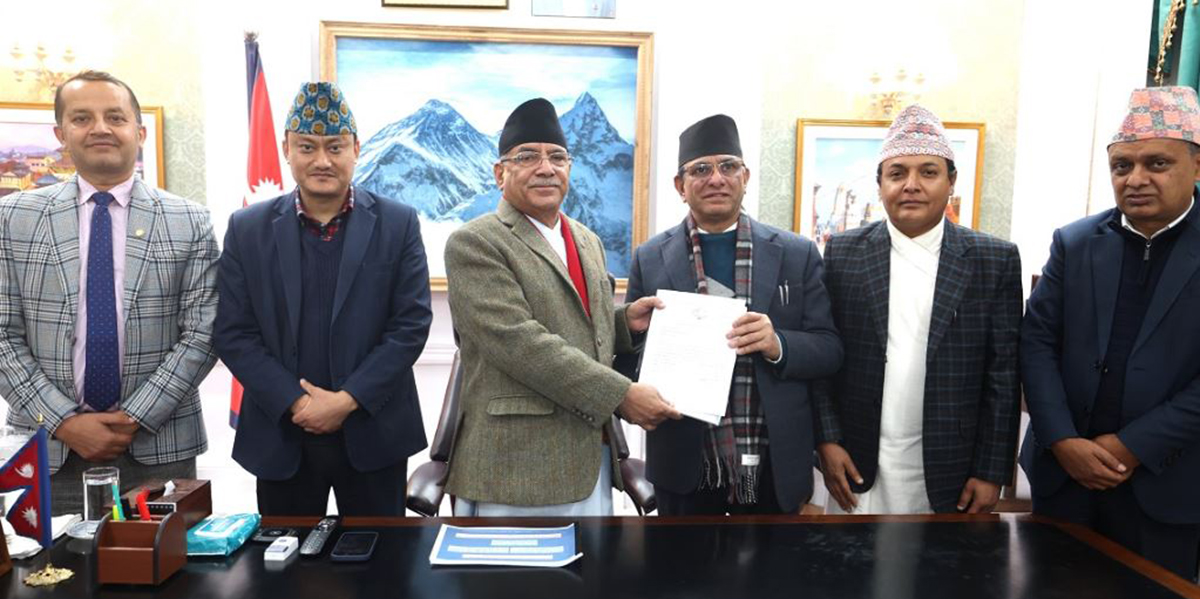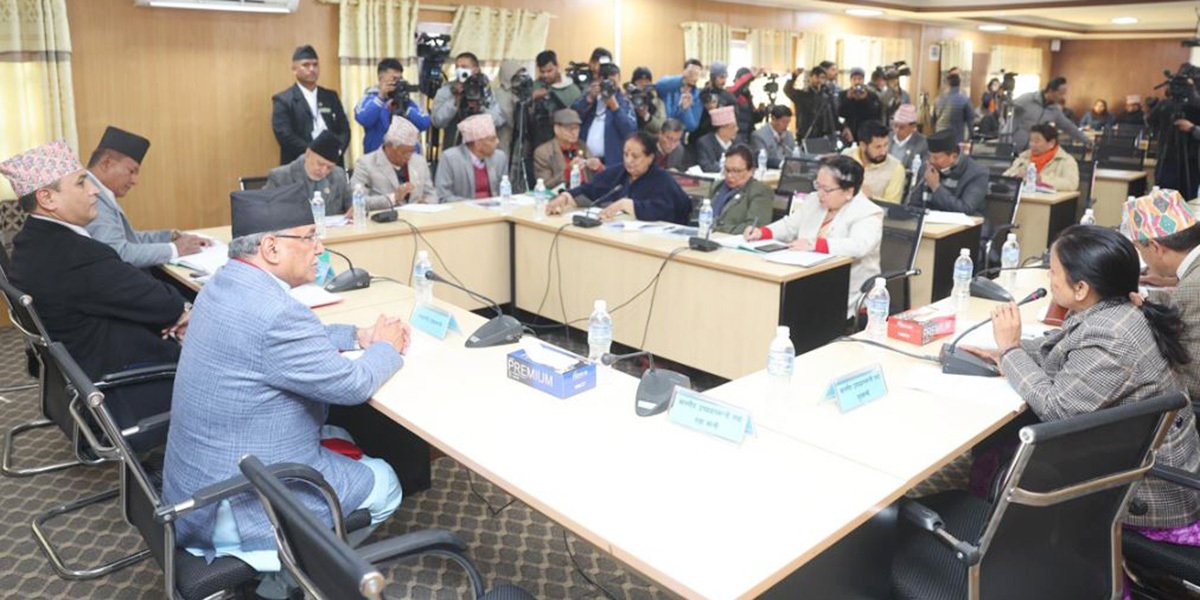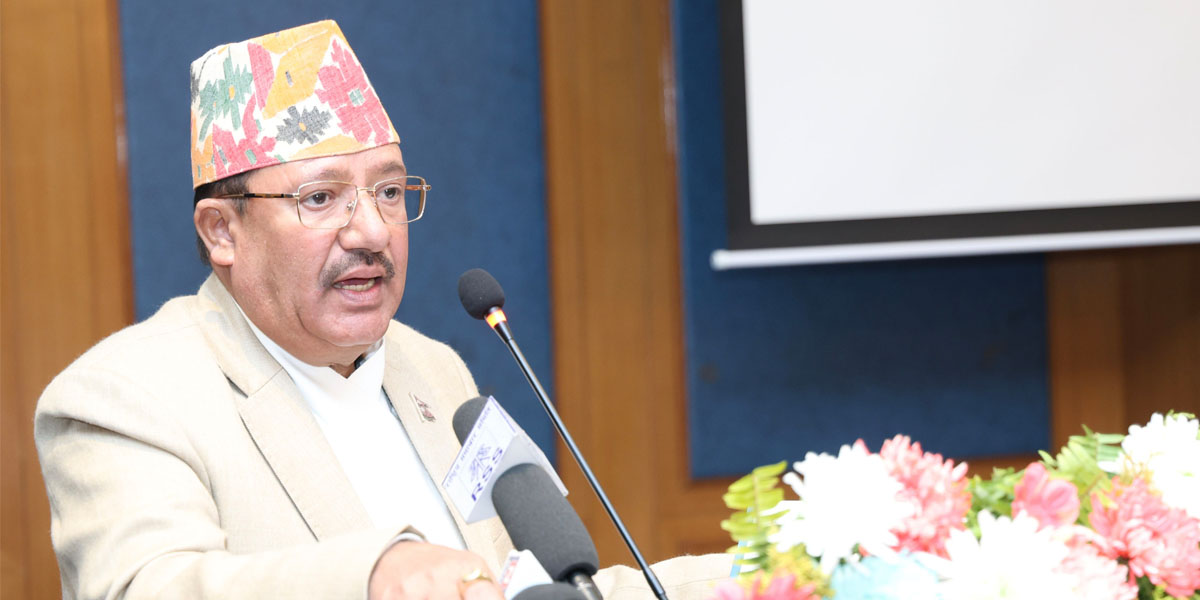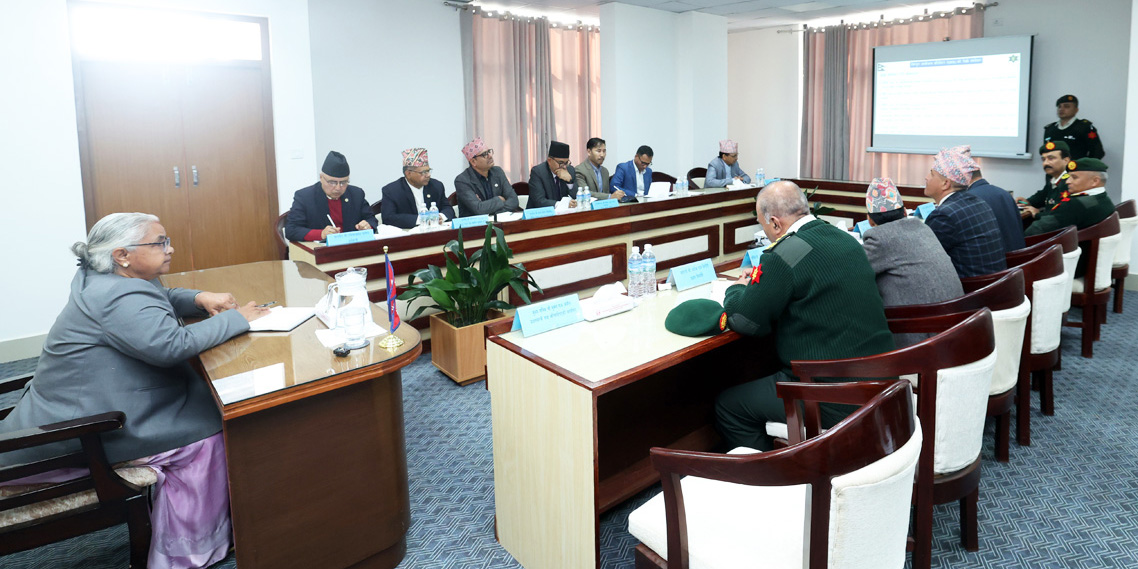Himal Press has learned that Axiata and Spectrelight already have a dividend-sharing formula in place. According to the agreement, Axiata is set to receive 80% of the dividends in 2023, with Spectrelight getting the remaining 20%. Similarly, Axiata’s share of dividends will decrease over the coming years, with 40% in 2024 and 2025, 30% in 2026 and 2027, and 20% in 2028 and 2029.
Spectrelight is under the ownership of Satishlal Acharya, a Singapore-based businessman of Nepali origin. His wife, Bhavana Singh, holds the remaining 20% of shares in Ncell through her company Sunivera Capital Ventures. With this recent ownership transfer deal, the Acharya family now owns the entirety of Ncell.
In the statement issued by Ncell, Acharya said: “Spectrlite is pleased to announce an agreement for the acquisition of a controlling shareholding in Ncell. I will be drawing upon my extensive experience in the telecommunications industry and shall be working with the management of Ncell to drive innovations, investments, and a wide range of life-enhancing services to the Nepali people.”
Likewise, Ncell CEO & Managing Director Jabbo Kayumov said Ncell is pleased with the upcoming change in ownership. “Ncell eagerly anticipates collaborating with new shareholders to elevate Ncell into a world-class Nepali-driven data and communications hub,” he said in the statement. “In the foreseeable future, Ncell will unveil its refined plans that underscore the substantial prospects for expanding Ncell’s service offerings. This evolution aims to maintain Ncell’s position as the leading national digital services and internet access platform.”
According to the Nepal Telecommunication Act, 1996, companies granted permission to operate telecommunication services have a license period of 25 years. The law states that entities with over 50% foreign investment will come under government control after the expiry of their license. With Ncell, established in 2004, bound to come under the government’s ownership in six years, the recent share transfer agreement appears to be a strategic move to circumvent this outcome.
The Act stipulates that the government control provision can be avoided if the shareholding of Nepalis exceeds 50%. To prevent Ncell from going under government ownership, Axiata had initially planned to increase Nepali ownership in Ncell by issuing primary shares. However, a recent amendment by the Securities Board of Nepal (Sebon), which restricted companies with a license period of less than 10 years from going public, disrupted this plan. This unexpected development thwarted Ncell’s plan to go public and shift its focus toward finding a buyer.
Ncell’s license is set to expire in 2029.
The government had awarded a license to operate GSM service to Spice Nepal through bidding in 2004. The company launched its services under the brand name of ‘Mero Mobile’ in 2005. Swedish firm TeliaSonera purchased 80% of shares in Spice Nepal and renamed the company Ncell in 2008. TeliaSonera then sold all its 80% of shares in Ncell to Malaysian firm Axiata in 2016.
